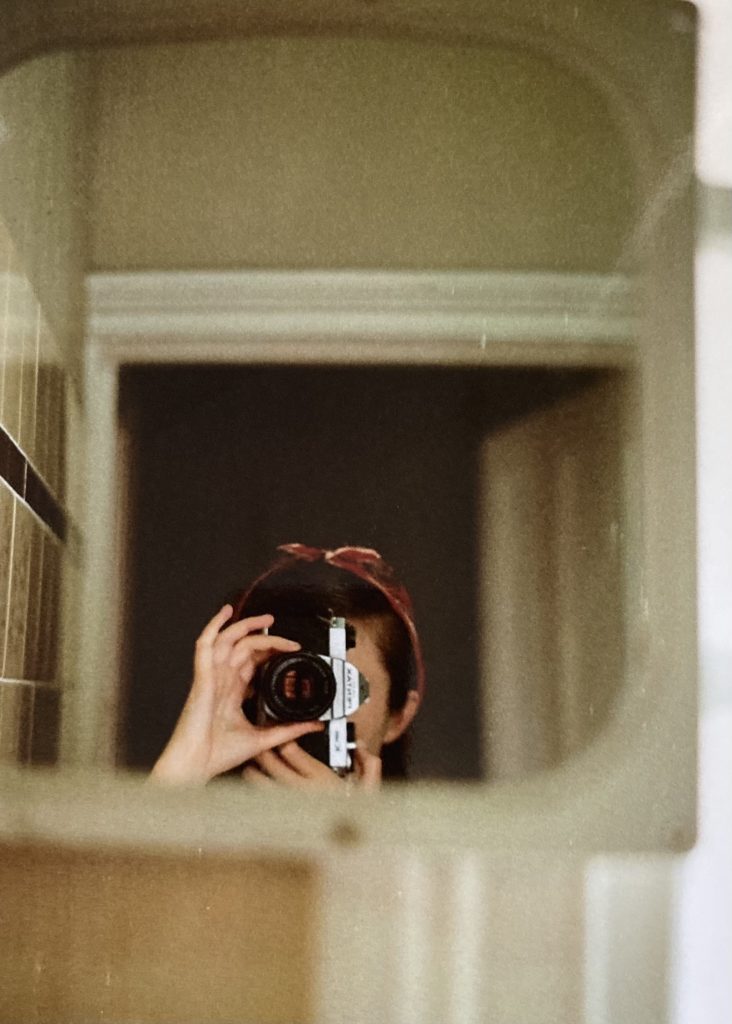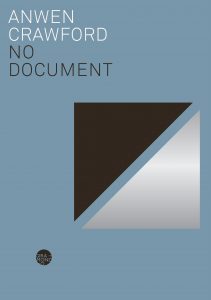Anwen Crawford: a note on No Document
At the dead-end of Jones Street, which runs behind the distinctive tower building of the University of Technology, there once stood the shell of a former flour mill, hard up against the Western Distributor. I used to wander it. We used to. Rode out there with my friend, dragging Dulux tins and rollers on a jerry-rigged trailer behind our bicycles, through Sydney’s streets, to paint BIT BY BIT THE CITY BEWILDERS US onto one of the mill walls. Our message faced the road, so that passing drivers could read it. It lasted a few days.
The site of the mill is a luxury apartment block now, and my friend is dead. In the decade since his death I’ve often wondered how our we was brought into being. The friendship elegised in No Document is a we that existed at a time in Australia when the issue of who we were or are as Australians was heavily contested – when isn’t it? – by Tampa, by the offshore mandatory detention of asylum seekers, by the protests and resistance of those inside and outside detention centres, by Australia’s involvement in the War on Terror and the 2003 invasion of Iraq. I was heavily involved in student activism at this time, and attended many protests, some of which still haunt my dreams. So did my friends. We were young then and we are not now, those of us who live.
My hope is that this book serves as an elegy not only for one specific person but for those, including animals, who have been excluded from the social contract, from the we of belonging. Mourning is always political: the question of who can be grieved, who counts as having lived, is a contested one. I also think that the defining characteristic of an elegy is the labour it takes to make it. One attempts to honour the dead with one’s effort, attention and love.
In this sense, No Document is an incomplete record of its own becoming: incomplete because what’s left on the printed page are only the thoughts that I was equal to expressing, bit by bit. But the future – and the past – still contain possibilities that will exceed what I can say.


